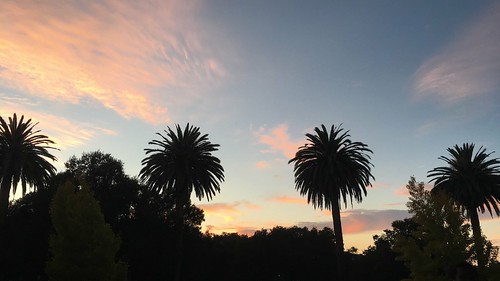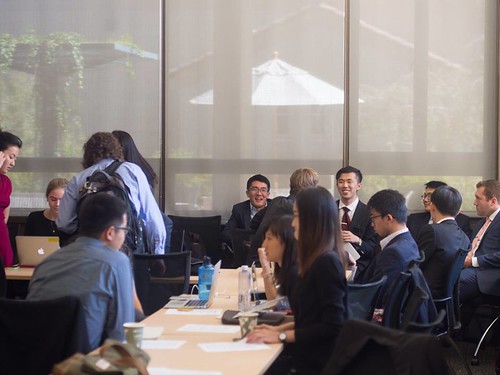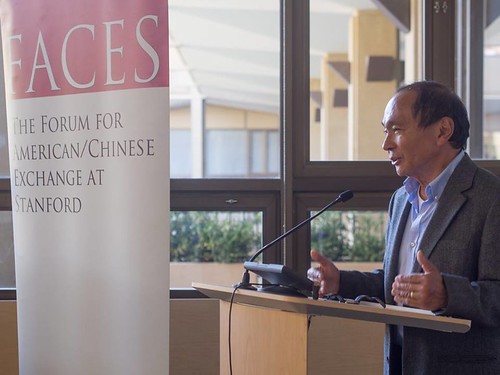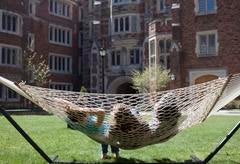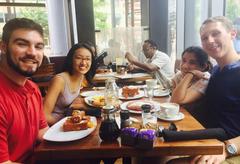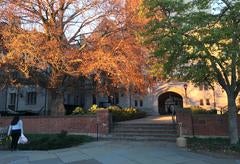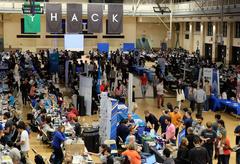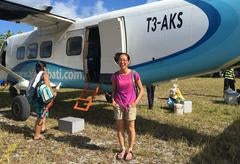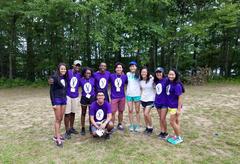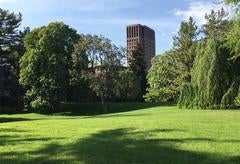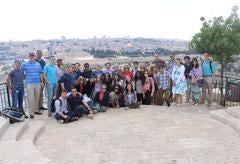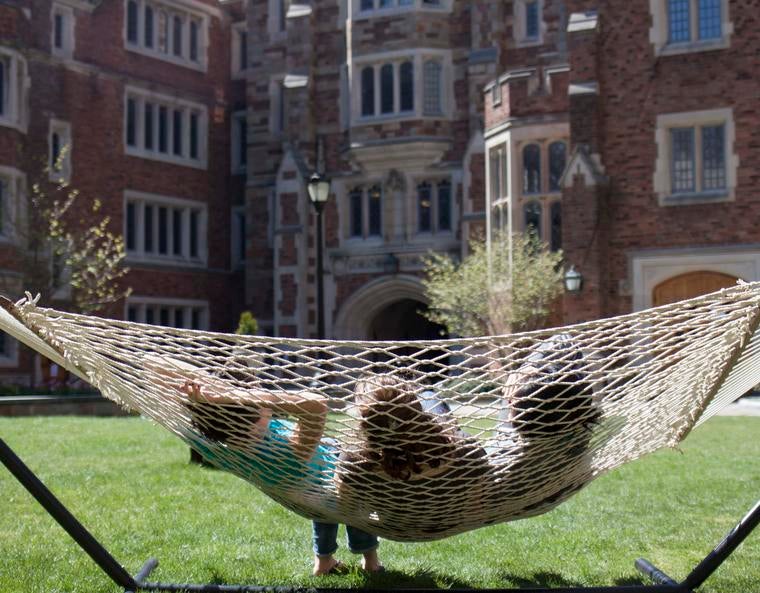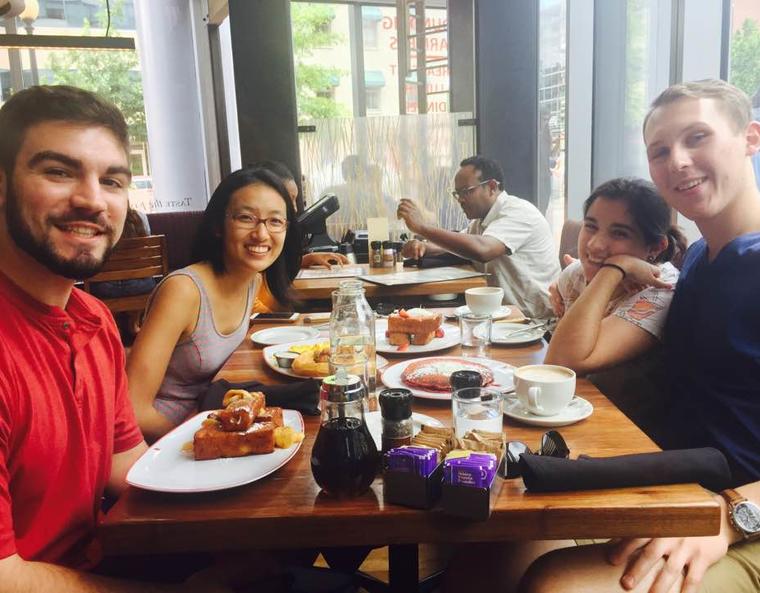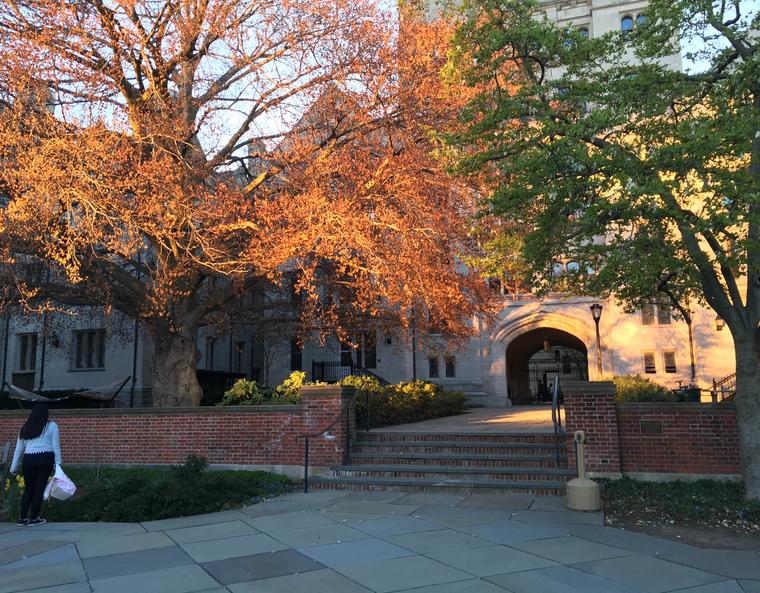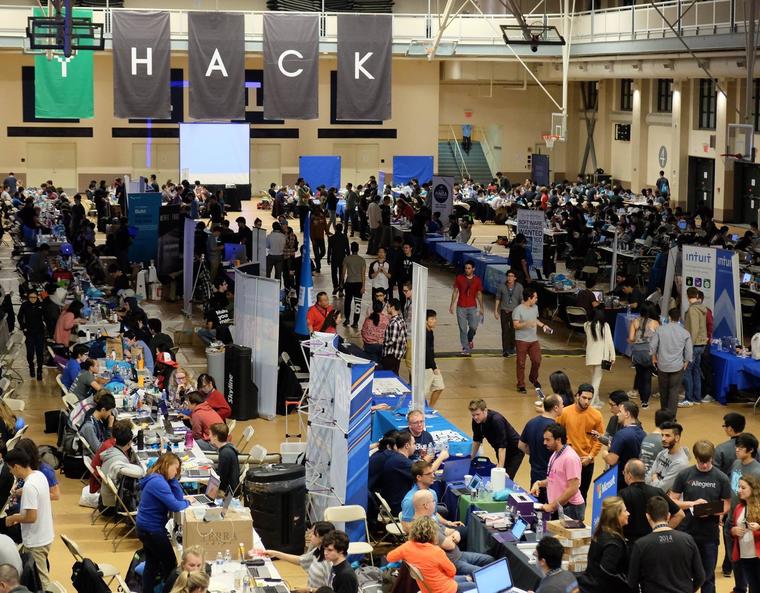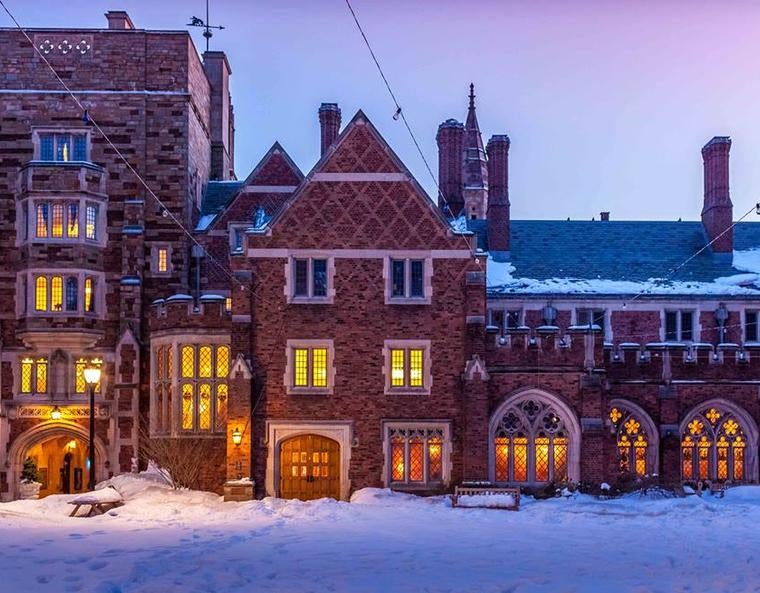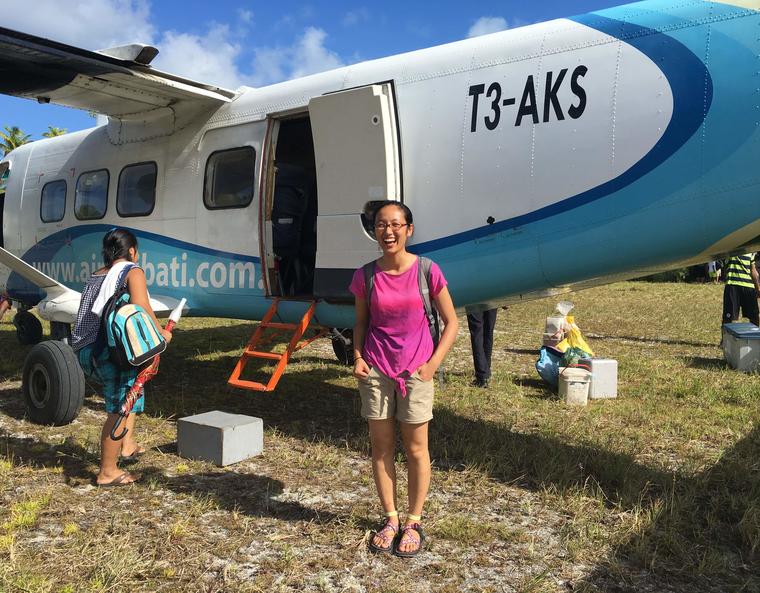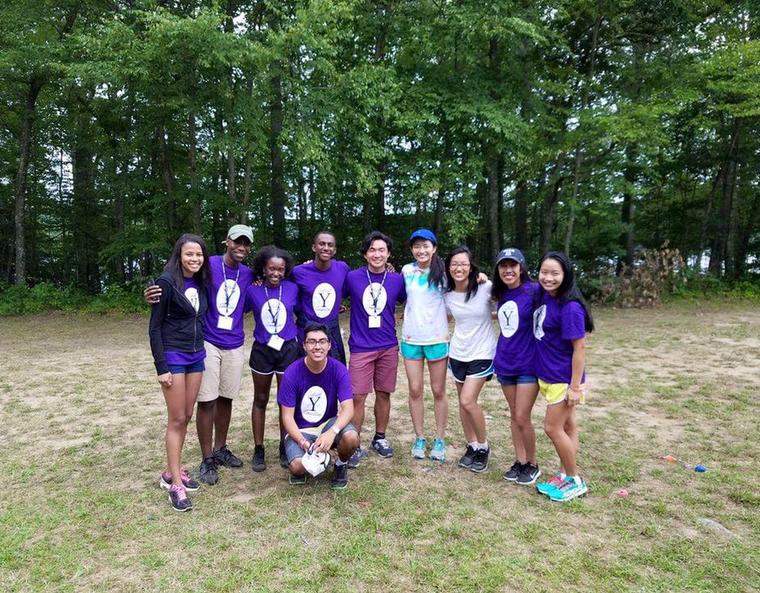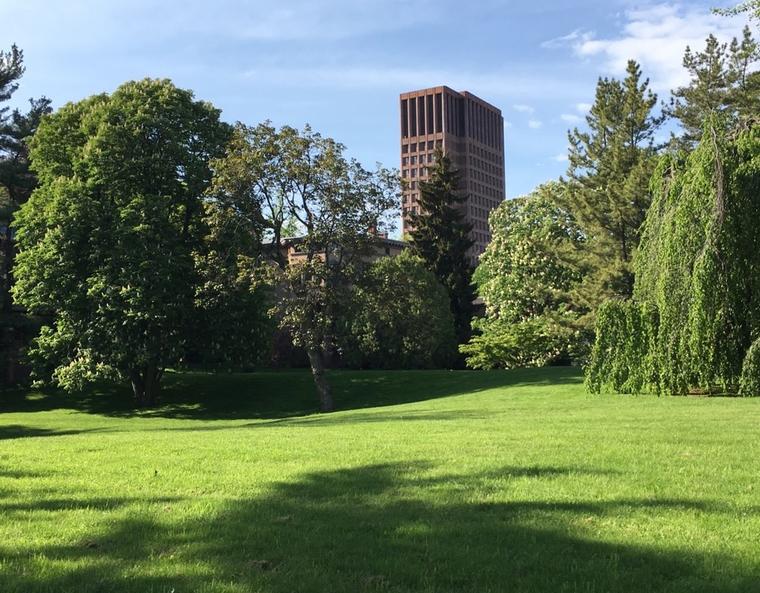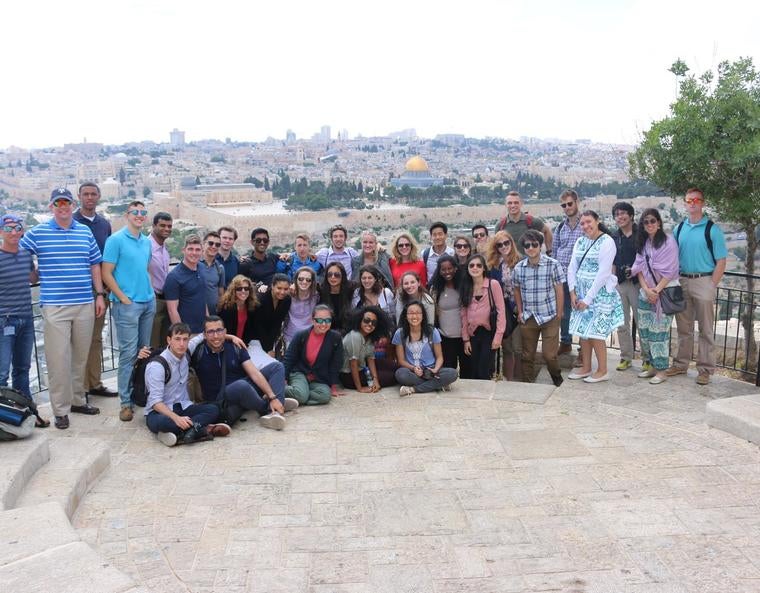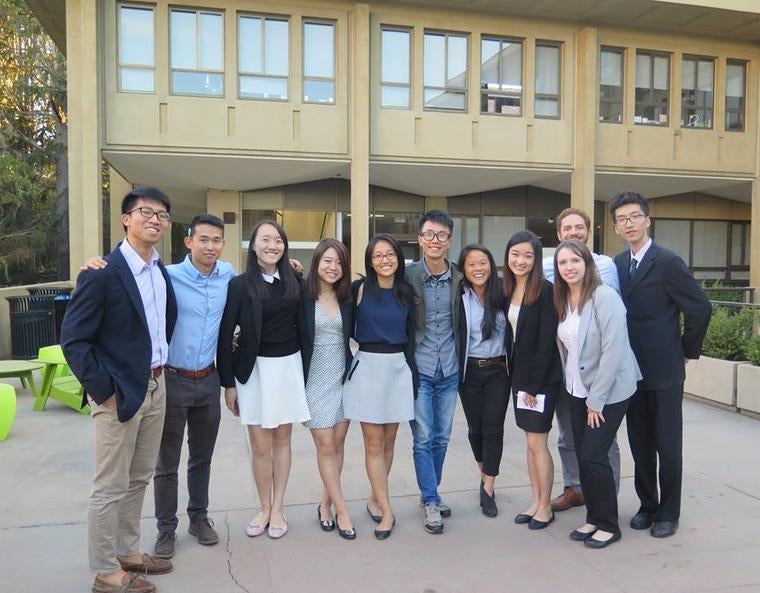
A couple weeks ago, I found myself on the other side of the country, in San Francisco. It was my first time in the Bay Area. As the shuttle drove towards Stanford’s campus, I couldn’t help but notice the differences between the two coasts after seeing signs of Twitter, Edmodo, and other tech companies pop up along the highway instead of lush fall foliage.
For the weekend, I’m leaving Yale’s beautiful gothic architecture to delve into US-China relations with students from across the world at the Forum for American/Chinese Exchange at Stanford (FACES). I had heard about the opportunity through a Jackson Institute newsletter, the academic home for all of the Global Affairs students. Having just taken part in Yale-China Association’s exchange program with Chinese students, I couldn’t wait to continue to foster these connections through a different lens.
The L(U)CY experience with Yale-China Association had culminated in a week-long trip to Guangzhou, China to visit our Chinese teammates’ campus, talk to socially minded businesses in the Pearl River Delta, and present our collaborative projects. Because it has been such a long time since I’ve been to China, the experience, from people watching along a crowded river walk to visiting an electronics market in Shenzhen, helped reorient my understanding of Chinese society and think more critically about my place in fostering US-China relationships.
Anyways, now halfway across the US, I was excited to meet the 39 other delegates to the forum, half who are Chinese and another half American, all of whom bring such interesting experiences and viewpoints to the table. Over dinner and bubble tea, I met a physics and political science student from MIT who is also a photographer and euphonium player extraordinaire, a Puerto Rican student participating in a Masters program at Peking University in Chinese, doing research on Chinese businesses in Cuba, and many others, all with slightly different approaches to US-China relations.
Over the course of the next four days, we heard from professors and entrepreneurs from the Bay Area, participated in a crisis simulation, and debated values that bridge the two different societies. The topics ranged from Internet censorship to typography and how it transforms meaning. Outside of the programming, we would joke and share stories. This, I suppose, is the power of tight-knit conferences. In this insular environment, we were so present and absorbed. It’s an experience that I really never have had before.
Just last week, a friend who I had met from FACES who currently resides in Tanzania came up to New Haven to visit. Away from the conference, we reminisced about our experience over crepes. Though it was only a few weeks prior, it seems like a while ago given how much the world has changed. Nevertheless, the experience was incredibly valuable, and there’s more to come!
